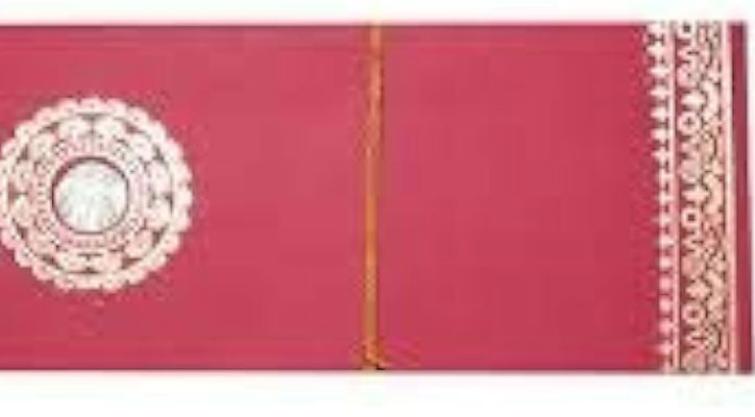By FnF Correspondent | PUBLISHED: 13, Mar 2024, 16:40 pm IST | UPDATED: 13, Mar 2024, 16:40 pm IST

New Delhi: Gift-giving is an expression of kindness across communities. In India, this ritual is embellished with 'Shagun', which denotes 'good fortune'. This monetary gift is usually accompanied by a one-rupee coin. It is seen as a blessing and prayer of happiness and prosperity for the recipient. Here are seven reasons why Indians add one rupee to money gifting:
The Inauspicious Shunya: Hinduism emphasises on the cyclical tradition of life and death where 'zero' (shunya) indicates the end and 'one' is the beginning of something new. Ends are associated with negativity and beginnings with optimism. Giving money as a gift in numbers ending with zero, like 500, 1000, and so on, has ominous implications. So an extra rupee is added to ensure a fresh start.
A New Beginning: Beliefs play paramount importance in traditions. Shagun is given on auspicious occasions like weddings,
A Wholesome Debt: Festivals and gatherings are good opportunities to foster and strengthen communal ties. This was especially prevalent in the days of our forefathers. To encourage this community feeling, the additional 'one-rupee' was seen as a benign debt on the receiver's part. They had to repay it by accepting and attending the giver's festivals whenever the time came, ensuring a continuum in social relations.
Draupadi's Akshaya Patra: Like Lord Krishna's boon of a vessel to Draupadi that would always have some extra anna (rice) for feeding everyone, the 'one-rupee' signifies a bit of leftover money for the receiver as well. The extra amount becomes a symbol of hope that difficult times will pass.
Undivided Against All Odds: In the olden days, social gatherings were generally limited to marriages. Guests blessed the newlyweds to be united against all challenges. It manifested into the idea of gifting a sum of money that was not an 'even' number and could not be equally divided. This was to ensure that the couple did not quarrel over wealth and prospered together instead.
The Auspicious Metallic Coin: The additional rupee of 'shagun' is always a coin because they are made of metal or dhaatu. The human body is constituted by the Ashtadhaatu or 'eight elements'. Metals are propitious and a symbol of Goddess Lakshmi, the Hindu deity of wealth. Gold and silver coins were given as gifts in the past before the minting of steel and copper coins. Therefore, the gifting of a metallic coin adds to the holiness of the festivity.
A Seedling That Blooms: Shagun is given with the hope that it is utilised for the benefit of the receiver. However, the extra coin is for investment. Like the popular tale of an enterprising boy who made a fortune from a paise, it also encourages the receiver's intellectual capacity to make a lasting impact from small but steady efforts.

by : Priti Prakash
Into this devastation walked Donald Trump with his much-hyped 'peace plan'. At first glance, it soun...